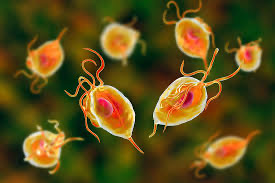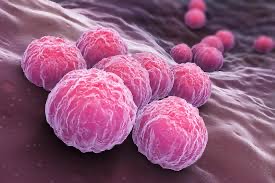

Trichomoniasis (pronounced trik-uh-muh-NEYE-uh-sis) is a common sexually transmitted infection (STI) caused by a tiny parasite called Trichomonas vaginalis. It affects both men and women, but women...


Chlamydia is one of the most common sexually transmitted infections (STIs) in the world. It’s caused by the bacteria Chlamydia trachomatis and spreads through unprotected sexual...


Tissue paper is a simple yet essential part of daily hygiene. Whether it’s for wiping your face, cleaning your nose, or using the restroom, using tissue...


Watery stools—also known as diarrhea—occur when your bowel movements are loose, runny, or liquid. While it’s common and often not serious, frequent or prolonged watery stools...


Dehydration happens when your body loses more fluids than it takes in, making it harder for your body to function properly. Water is essential for digestion,...


Norovirus, often called the “winter vomiting bug,” is a highly contagious virus that causes gastroenteritis—an inflammation of the stomach and intestines. It spreads quickly and can...


Coca-Cola, often simply called Coke, is one of the world’s most recognized soft drinks. First created in 1886 by pharmacist John Stith Pemberton in Atlanta, Georgia,...


While Coca-Cola or coke is a popular and enjoyable soft drink, especially for its fizzy sweetness and refreshing taste, regular or excessive consumption can have negative...


Using dirty plates and spoons may seem like a small issue, but it can lead to serious health problems. Food residue, grease, and harmful bacteria can...


Environmental hygiene refers to the practice of keeping our surroundings clean to promote health, safety, and well-being. It involves proper waste disposal, clean water, pest control,...